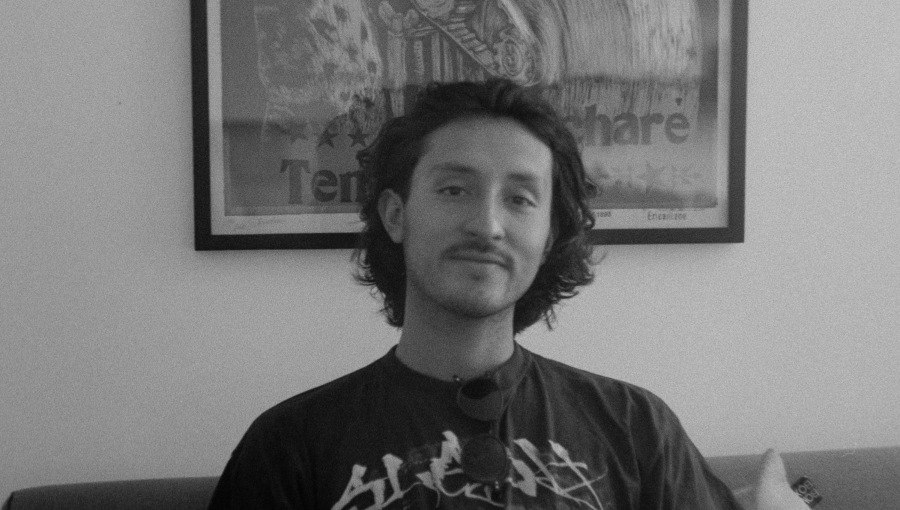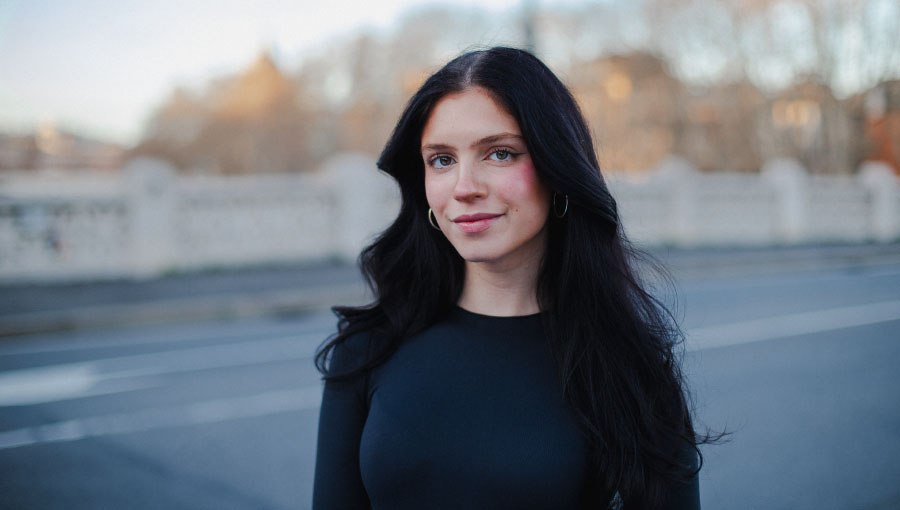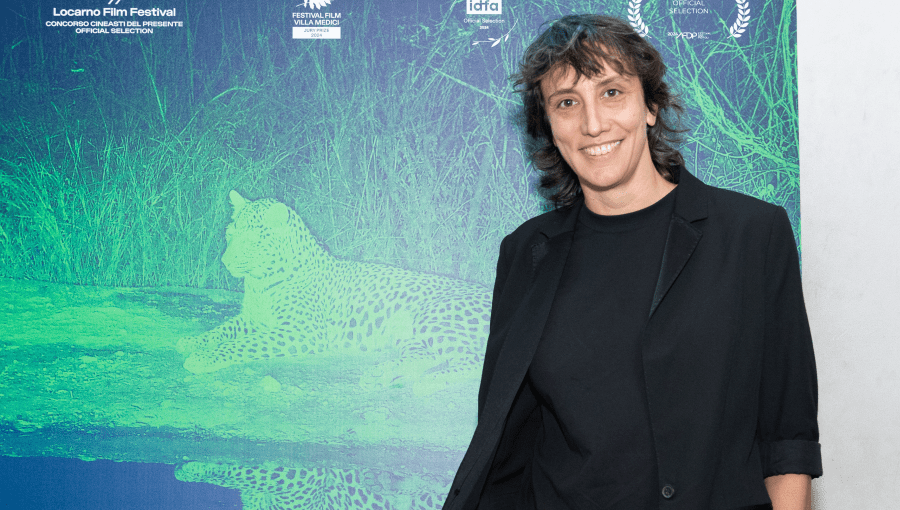Teaching as Human Interaction at its Best: Professor Adrian Stoian
Adrian Stoian is an Associate Professor of Economics at John Cabot University. He holds a B.A. in Finance and Banking from Babes Bolyai University, Romania (1997), an M.A. in Economics from Clemson University (2003), and a PhD in Economics from University of Arizona (2008). He taught undergraduate and graduate level courses such as Principles of Economics, Managerial Economics, Business Statistics, Econometrics, International Economics, Research Methods at six different academic institutions both in the U.S. and internationally. He has research interests in applied microeconomics, in the fields of experimental economics, economic history, labor economics.
What is your teaching philosophy?
I consider teaching to be human interaction at its very best. My teaching is motivated by the desire to create the best possible learning environment for the students. Success in this endeavor requires vision, judgment, devotion, perseverance, and attention to the feedback received from students. Teaching also involves coaching since students need guidance and positive re-enforcement on their individual learning paths. A good teacher is one who makes students passionate about the subject matter. I often engage students in class discussions about what is going on in the real economy as I believe this is a rewarding way of demonstrating the value of solid economic analysis.
How did you become passionate about Economics and how did you get involved with Experimental and Labor Economics?
I became passionate about Economics in high school, during the transition years from central planning to market economy in Romania at the beginning of the 1990s. Among other things, I put together a set of exercises for my schoolmates to practice on in order to get admitted into college. I sold those and made my first money which I then invested into the first mutual fund that opened in Romania, getting a nice real rate of return in the process.
I remember the passion and curiosity with which I read issues of The Wall Street Journal and The Economist for the first time. Little did I know then that I would get the chance to go much deeper into studying Economics and interact with top professionals including Nobel prize laureates in Economics. I now have broad research interests in Economics, including in Experimental Economics, a field that was pioneered at University of Arizona where I did my PhD.
What is one challenge you faced in your career? How were you able to overcome it?
My first academic appointment was with California State University which was hit by the budget cuts that followed the financial crisis of 2008. The Master in Economics program was set to be among the casualties with repercussions for the department and for my career. I was personally involved in streamlining the program in a way that would not affect the quality of education and in attracting more determined students. Later on when the budget improved, the very presence of the program helped attract new faculty with PhDs from top universities.
You have also worked in insurance and brokerage. What has your experience in that field taught you?
I learned many valuable things but perhaps the most important would be that you have to have a good grasp of where the market is heading and that you have to value and nurture your employees. In regards to the latter, I greatly benefited from working with managers who knew how to encourage me and the rest of the team to do our best, and this is why I always treat all students with respect and I work to maintain a positive relationship throughout the semester.
What is your impression of JCU so far?
I love a lot of things about JCU including the small classes we have in comparison to other institutions where I taught and I think that it has a great potential. How the university will decide to grow in the next 5 years or so might be critical. I am happy to be here and hope I can contribute to its long term success.






